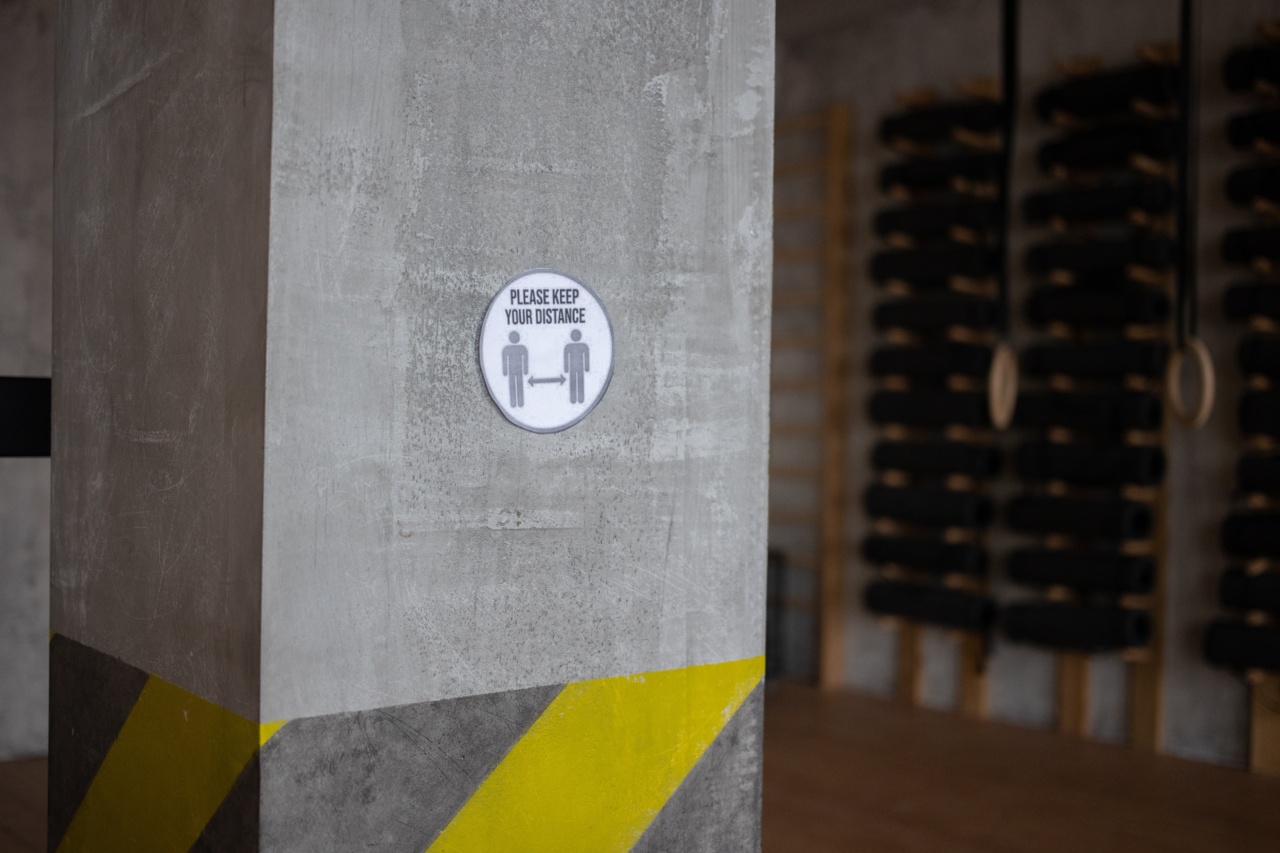Having dry hair can be a frustrating and discouraging experience. Not only does it make your hair look dull and lifeless, but it can also be an indication of poor health.
While many factors can contribute to dry hair, including external factors like weather and harsh hair products, sometimes it could be a symptom of an underlying health issue.
Understanding the Structure of Hair
Before we delve into the possible health concerns associated with dry hair, let’s first understand the basic structure of our hair. Our hair is made up of three layers – the cuticle, cortex, and medulla.
1. The Cuticle
The outermost layer of our hair is called the cuticle. It is a thin, protective layer of overlapping cells that helps to seal in moisture and protect the inner layers of the hair shaft.
2. The Cortex
Beneath the cuticle lies the cortex, which makes up the majority of the hair shaft. The cortex is responsible for giving hair its strength, elasticity, and color.
3. The Medulla
The medulla, found in the center of the hair shaft, is the innermost layer. It is composed of loosely packed cells and is not always present in all hair types.
Causes of Dry Hair
Now that we have a basic understanding of hair structure, let’s explore some common causes of dry hair:.
1. Environmental Factors
Exposure to harsh elements, such as excessive sun, wind, and dry air, can strip the hair of its natural moisture. Additionally, frequent use of heat styling tools, such as straighteners and curling irons, can lead to dryness and damage.
2. Overwashing
Washing your hair too frequently or using harsh shampoos can disrupt the natural oils produced by your scalp, leading to dryness and frizziness.
3. Chemical Treatments
Chemical treatments like coloring, perming, and relaxing can weaken the hair and cause moisture loss, resulting in dryness and breakage.
4. Nutritional Deficiencies
A balanced diet is essential for maintaining healthy hair. Deficiencies in certain vitamins and minerals, such as biotin, vitamin D, iron, and zinc, can contribute to dryness and brittleness of the hair.
5. Underlying Health Conditions
In some cases, dry hair can be a symptom of an underlying health condition. Here are a few possibilities:.
a. Hypothyroidism
Hypothyroidism is a condition where the thyroid gland does not produce enough thyroid hormones. One of the symptoms of this condition is dry and brittle hair.
b. Cushing’s Syndrome
Cushing’s syndrome is a hormonal disorder caused by prolonged exposure to high levels of the hormone cortisol. Dry hair can be a result of this condition.
c. Malnutrition
Severe malnutrition, often seen in eating disorders like anorexia nervosa, can lead to dry hair due to the lack of essential nutrients required for healthy hair growth.
d. Scalp Conditions
Conditions like seborrheic dermatitis and scalp psoriasis can cause scalp inflammation, leading to dryness and flakiness of the hair.
Signs that Your Dry Hair is a Result of Poor Health
While occasional dryness may not always be a cause for concern, certain signs can indicate that your dry hair is a result of poor health:.
1. Excessive Hair Loss
If you notice a significant increase in hair shedding along with dryness, it could be a sign of an underlying health issue.
2. Changes in Hair Texture
Dry hair that becomes coarse, rough, or straw-like may suggest an underlying health problem.
3. Brittle and Fragile Hair
If your hair easily breaks or snaps even with minimal manipulation, it may indicate an underlying health condition.
4. Scalp Irritation
Itchy or inflamed scalp accompanied by dry hair can be indicative of an underlying scalp condition or systemic issue.
When to Seek Medical Advice
If you experience persistent dryness despite taking proper hair care measures, it is advisable to seek medical advice. A healthcare professional can help identify any underlying health issues and recommend appropriate treatment.
Prevention and Treatment of Dry Hair
While some causes of dry hair may require medical intervention, there are several preventive measures and treatments you can try at home:.
1. Use a Gentle Shampoo
Opt for sulfate-free and moisturizing shampoos that are gentle on your hair and scalp.
2. Limit Heat Styling
Reduce the use of heat styling tools and always apply a heat protectant before using them.
3. Condition Regularly
Invest in a good-quality conditioner and use it after every wash to replenish moisture in your hair.
4. Avoid Overwashing
Wash your hair only when necessary and avoid using hot water, as it can strip away natural oils.
5. Eat a Balanced Diet
Incorporate foods rich in vitamins, minerals, and essential fatty acids into your diet to promote healthy hair growth.
6. Hydrate from Within
Drink an adequate amount of water daily to keep your body and hair hydrated.
7. Seek Professional Help
If home remedies do not improve your dry hair condition, consult a professional hairstylist or dermatologist who can provide personalized advice and treatment options.
Conclusion
Dry hair can be distressing, but it doesn’t always indicate poor health. However, if you notice accompanying symptoms like excessive hair loss, changes in hair texture, or scalp irritation, it may be a sign of an underlying health issue.
Taking proper care of your hair, eating a balanced diet, and seeking medical advice when necessary can help you maintain healthy and lustrous hair.































